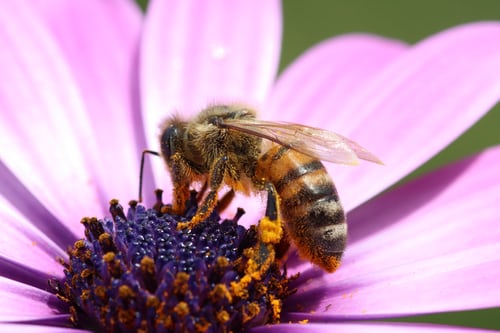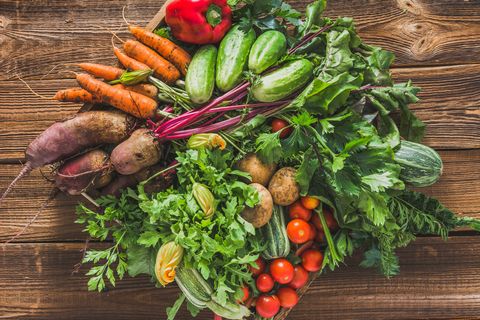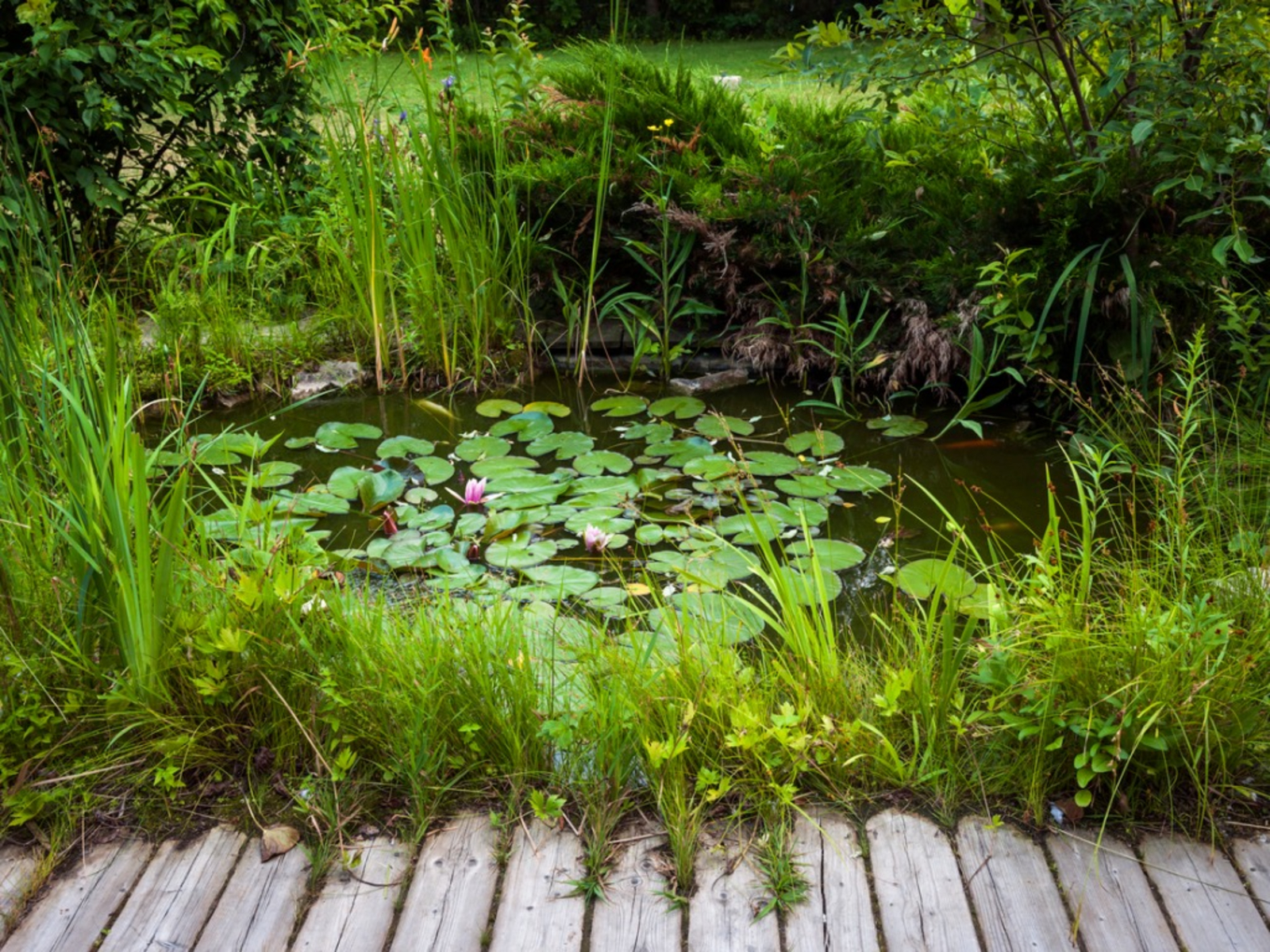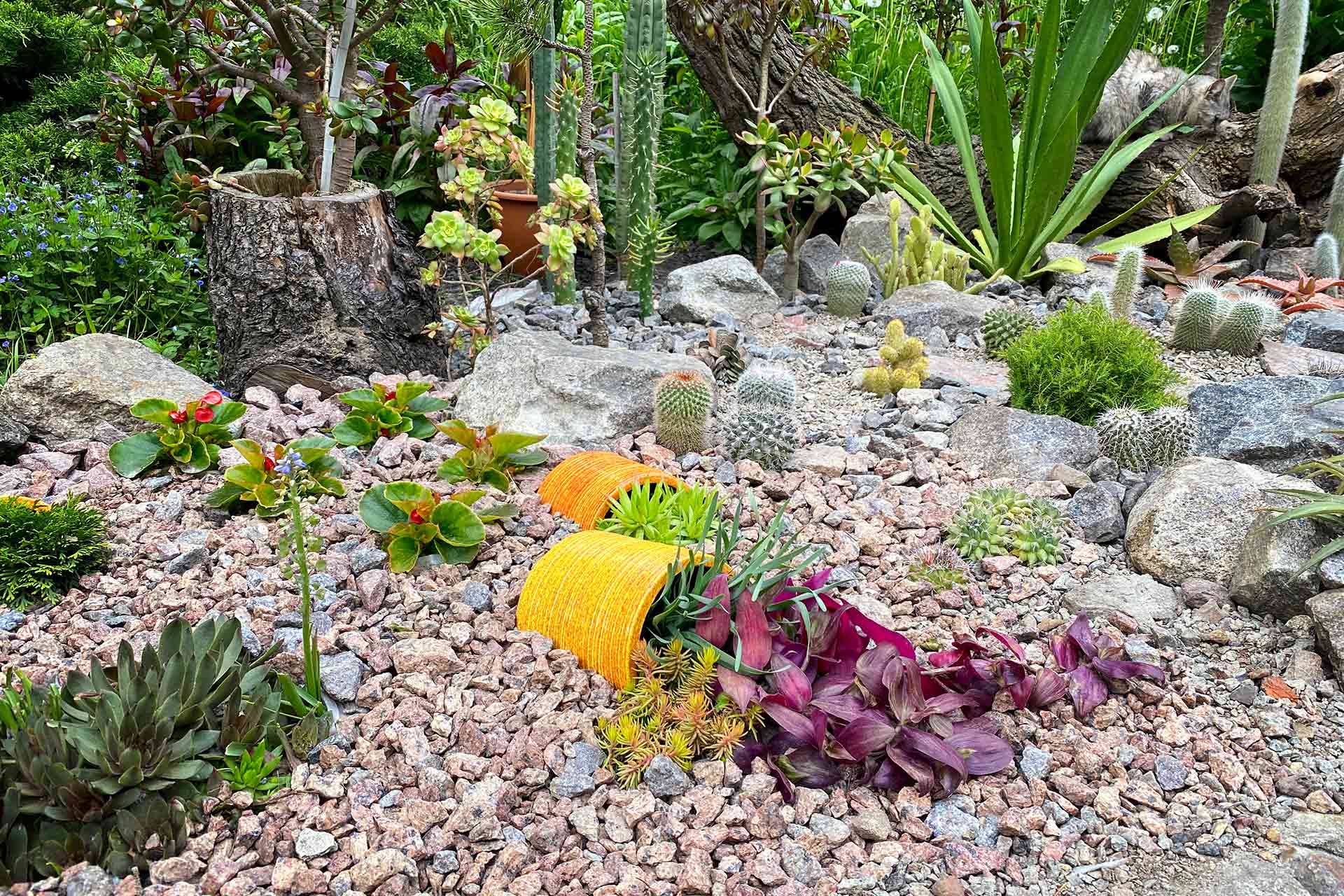The importance of pollinators has been substantially discussed in recent years. Gardeners are bringing more attention to the importance of pollinators in the garden, and I can admit that I have known their importance only since last year. Bees, butterflies, and all of the ecosystem of pollinators are now the new stars of the garden.
What Is Pollination?

Pollinators In The Garden
Pollination is a process needed for the reproduction of plants. The pollinator takes pollen from one flower to another; in other words, it takes it from the anthers (male part) to the stigma (female part). Then the fertilized plant will become a flower which will become a plant.
Why Is Pollination Important?
By now, it’s quite obvious why pollination is important. It allows for a stable and booming ecosystem. Most fruits we eat, or even some vegetables, depend on pollinators to flourish.
When Does Pollination Happen?
There is no precise time for pollination; it usually happens year-round. Different plants will evolve; that’s why pollination can occur at any time. It also provides pollinators with food during the year as they drink nectar and feed off pollen. So, this means that they have food constantly and won’t starve.
Where Do Pollinators Live?
There is no single habitat that pollinators will relate to; it depends on the pollinator and its growth. For example, the most famous pollinators, bees, can build their nest in leaves, tree trunks or even empty containers.

Unfortunately, pollinators’ habitats need specific criteria; they need food and clean water nearby to live. So if you have a garden, you may want to have those to attract pollinators.
Who Are Those Pollinators?
Pollinators are very important for a plant’s life-cycle and development. Plants and pollinators are both involved in sustaining each other so that pollinators can happen.
Bees need nectar as a source of energy to be able to fly. Pollen contains amino acids and proteins essential for young bee development. The most famous pollinator, bees, normally pollinate a large range of flowers and are not limited to specific types.
Butterflies, apart from being very beautiful, are great pollinators too. They have some features that a flower needs to pollinate; they need to have large petals on which they will land in search of nectar. Butterflies are a big fan of salvias and sunflowers.
This is far from being an insect, but it also acts as a pollinator in some situations; the wind. The wind is responsible for pollinating most nuts, trees and wild grasses.

Help The Pollinators
Planting pollinator-friendly gardens and landscapes is a terrific method for gardeners to benefit pollinators. Many flowering trees and shrubs, in addition to herbaceous flowering plants, are major sources of food for pollinators, especially early in the season. Include a diverse range of blooming plants that bloom from spring through October to offer pollinators with nectar and pollen throughout the season.
Minimize your use of pesticides, especially “organic” pesticides, whether you’re planting particularly to help pollinators or cultivating other sorts of plants such as fruits, vegetables, and landscaping plants. Even insecticides permitted for organic plants might harm pollinators, so avoid using chemicals wherever possible. If you must use a pesticide, pick one that poses the least danger to bees and other pollinators; look for bee hazard information on the label. After the pollinators have ceased flying, spray in the evening.
It is used as a spot for pollinators during winter. If you can leave a small part of your garden untidy, it would also help the pollinators. Let us know in the comments how you do you care for the pollinators in your garden…



